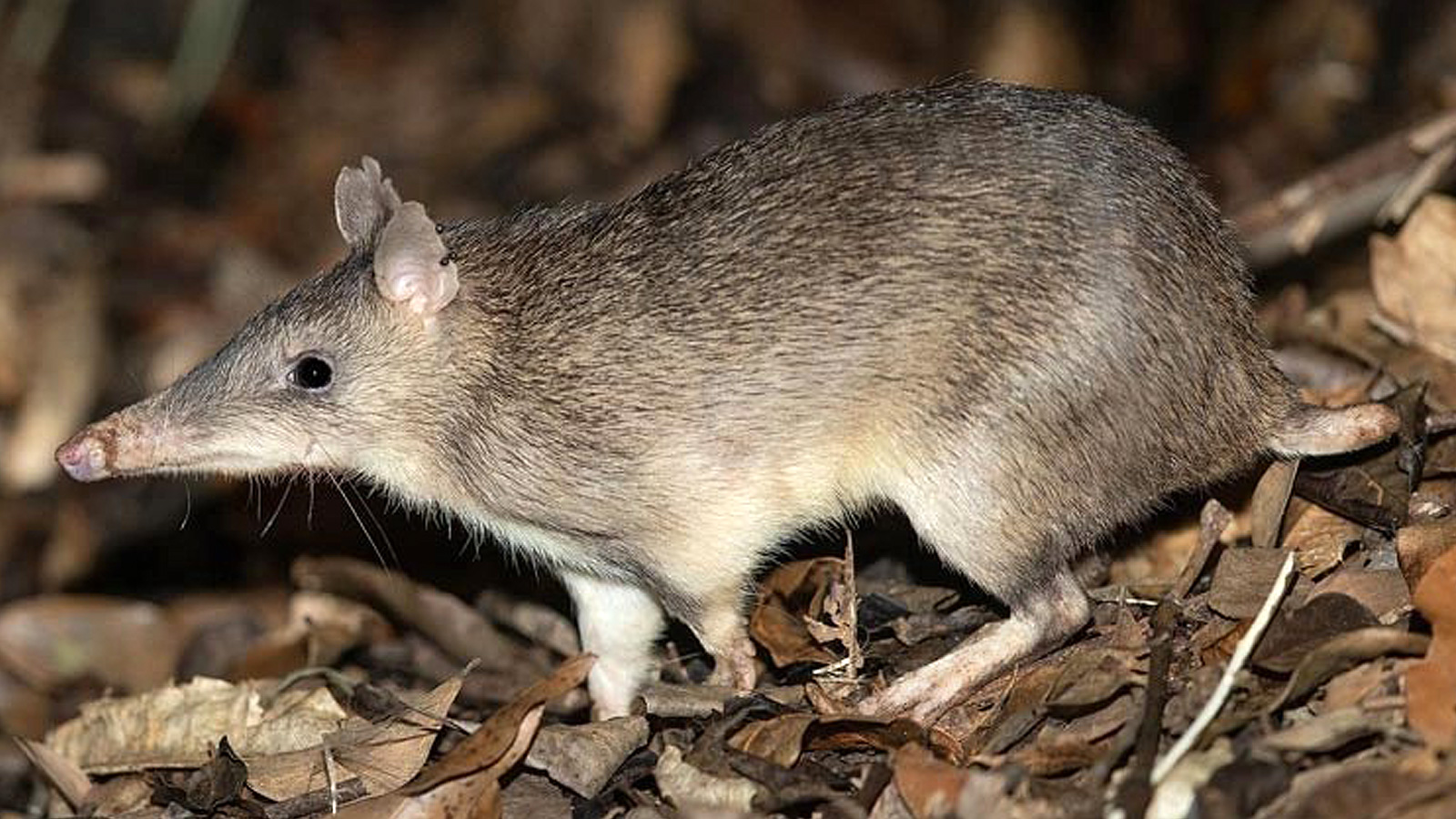New research reveals that the transference of ticks from the bush to your backyard is a bit more complex than previously thought.
There has been a serious problem with ticks on the Northern Beaches for many years. One encounter can leave you with, at the very least, a maddeningly itchy bite. At worst, you could suffer a severe allergic reaction.
Ticks also pose a threat to domestic animals and wildlife. They feed on blood from animals, including birds, possums, rats, cats, dogs, rabbits and bandicoots, and there is a widespread assumption on the Northern Beaches that bandicoots are the main vector moving ticks from the bush to our backyards. However, new research commissioned by the Northern Beaches Council has uncovered a much more complicated picture.
Ecologist Casey Taylor, a final year PhD candidate at the University of Sydney, has been studying tick ecology on the Northern Beaches for the past three years and she has found a range of native and non-native animals moving in and out of our backyards that all carry ticks.
Ms Taylor has a broad interest in parasites, disease and urban ecology, and human-wildlife conflict. She is particularly interested in the complex interactions between parasite vectors like ticks and their hosts and how understanding vector ecology can improve public health.
Radio Northern Beaches presenter Wendy Frew interviews Ms Taylor about the fascinating findings in her research in the latest episode of the weekly show and podcast The Coast.
Source: Northern Beaches Advocate
